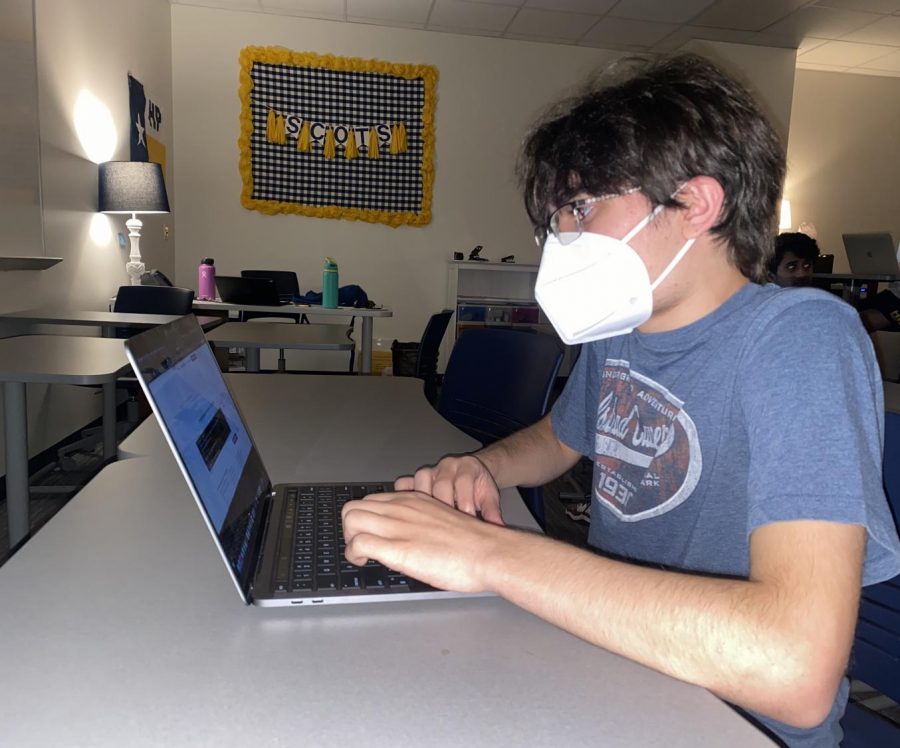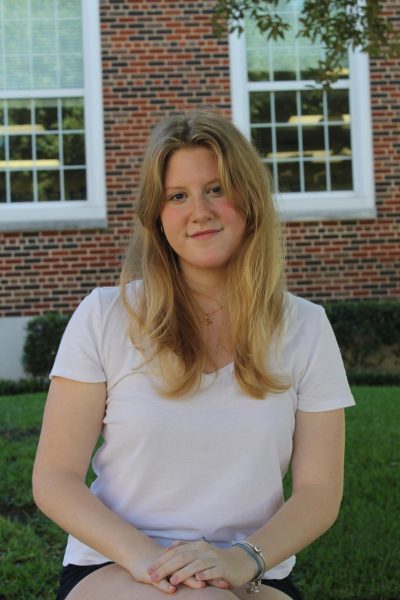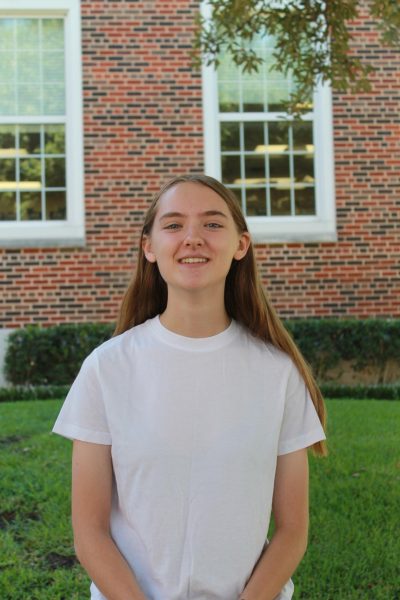Junior Joseph Maldjian already owns a software company, Hye Hosting LLC.
It all began a few years back when Maldjian won a Texas Instruments competition that granted him a small amount of prize money. Using this money, he purchased a few of his own servers, mainly using them for various creative projects before he discovered a server hosting software called Pterodactyl.
Maldjian felt that customers weren’t satisfied with this server hosting software, so he decided to start his own software company. Maldjian grew his company quickly.
“Our height in that process we served was around 200 clients that were paying monthly,” Maldjian said.
After much experimentation, Maldjian noticed two things. One, the process for creating and using virtual machines was slow and inefficient. Two, he knew how to fix it.
Maldjian worked on virtual machines. A virtual machine is a computer program that acts like another computer which allows users to operate multiple programs at once.
The way most virtual machines worked before Maldjian’s innovation was through a software called KVM, according to Maldjian. KVM was the industry standard, but it was also very resource intensive, making it expensive and inefficient to use.
His innovation was called the NVPS, and it had the ability to perform the same as KVM while also using less Random Access Memory (RAM), driving down cost and using less resources.
“NVPS on full load only used 22 gigabytes of RAM, and KVM was using 96, so it’s a big reduction,” Maldjian said. “So, we were getting about the same performance.”
He managed to do this by removing the overhead. The NVPS isn’t virtualized at all. Instead, it creates isolated containers that are capable of doing pretty much everything a virtual machine can do without creating a whole virtual machine.
Maldjian’s physics teacher Jennifer Hudnall commends his work ethic and appreciates his attention to detail.
“He’s an awesome student,” she said. “He’s always engaged in class, and he’s always working on stuff. He’s got a really, really, really bright mind.”
Maldjian realized the Pterodactyl software wasn’t working for his company, so he decided to remove all of the Pterodactyl code and replace it with his own.
“We weren’t originally planning to compete with Pterodactyl, but now we are with Ararat,” Maldjian said.
The new release, Ararat, for Maldijan’s company, is planned for Feb. 24, 2022. Ararat is a “massive technological innovation,” according to Maldjian.
“Ararat is the first in the industry to integrate both VPs, VPS and Docker all in one machine,” Maldjian said. “You no longer have to purchase multiple machines, which saves a lot of money.”
Because Ararat can handle such an overwhelming amount of data due to its more efficient system, there is no need for a company to buy a second machine to support their customer base. Flat out, businesses pay less for Ararat, a $5 monthly subscription per machine, than they would with Virtualizer, one of Pterodactyl’s competitors.
Ararat also uses a geolocated network through Google Cloud, meaning whatever your latency is to Google, is your latency to Maldjian’s servers. This means that no matter where you are, your connection is much faster than you would get with Pterodactyl, whose signal falters the farther you get from the centralized processing center. This geolocation gives Ararat instant deploy times, which makes it much more efficient to use.
Maldjian did not work alone on this project. He has two associates to help him out. One of them is Robert DeLeew, who uses the screen name of Wolfo. Wolfo does some of the developing work for Maldjian when he cannot. The second is sophomore Calvin Bernstein, who did some designing work for Maldjian.
“I’ve been friends with Joseph since about fifth grade, and when he started working on this project, he was asking me for advice,” Bernstein said. “And I slowly started giving ideas and just designing things. It’s basically just been me being a second set of eyes.”
Maldjian has a lot of advice for young beginners interested in entering the field of server hosting.
“It’s a bad idea because you are going to get canceled if you do,” Maldjian said.
Despite the fact that Maldjian does not recommend that people enter the hosting industry at the age he did, he says buying expensive equipment is almost never necessary, and you should always be wary of advice given to you by others, as they may have their own companies on the side.
“It’s really complicated because the people that tell people to do things, like go out and say buy this and buy that are not necessarily trying to help them,” he said. “They are basically trying to give an excuse.”
Maldjian feels his business is more of a hobby that he enjoys, as well as something he spends much of his free time working on.
“I have a lot of fun with it,” he said. “It’s a hobby, but I also do dedicate a lot of time to it. “Typically, whenever I have any free time, even at school, I’ll hop into the codebase just to get just a little something done with it.”





